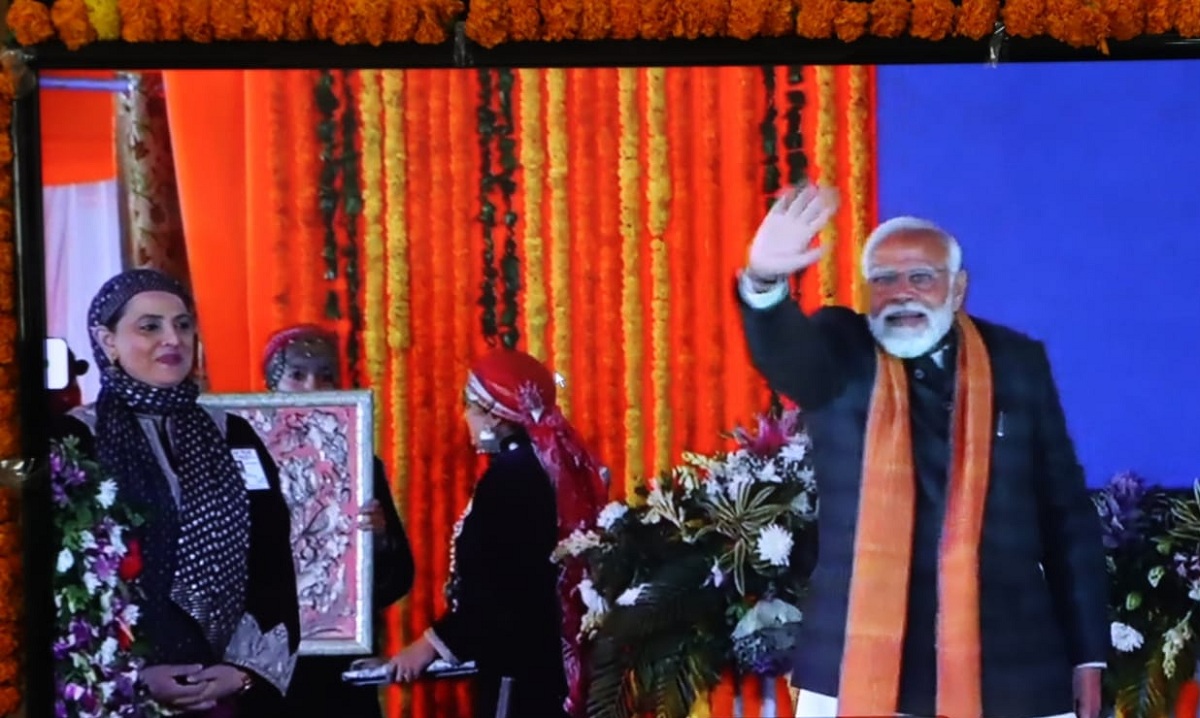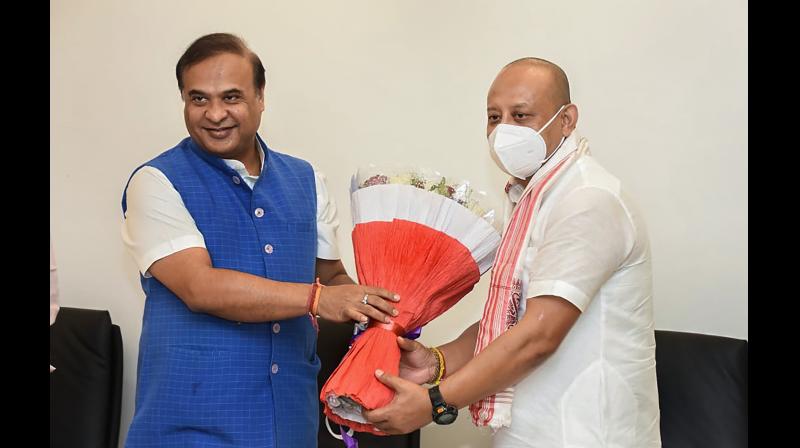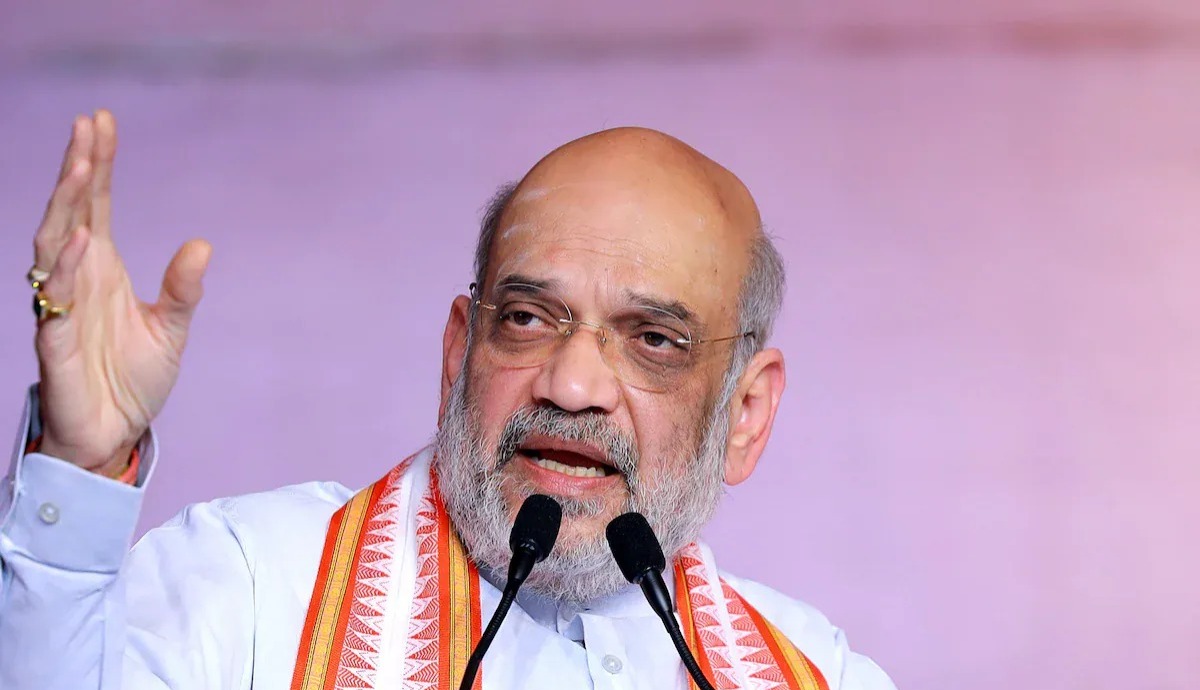Politics in Sikkim has taken a tumultuous turn as allegations and counter-allegations fly, raising concerns over potential unrest and instability in the state in light of the KN Rai assault case. Jacob Khaling, the political secretary to the chief minister of Sikkim, has found himself embroiled in controversy, accused by the Sikkim Democratic Front (SDF) president, Pawan Chamling, of orchestrating the assault on KN Rai.
During a public address on March 6, Khaling directly addressed the allegations leveled against him by Pawan Chamling. Chamling had submitted a memorandum to the governor implicating Khaling as the mastermind behind the assault on KN Rai. In response, Khaling vehemently denied these accusations, labeling the memorandum as “anti-national” and accusing the SDF of attempting to undermine the rule of law.
Civil disobedience took center stage as Khaling cautioned against its potential repercussions, warning of unrest and instability in the state. He highlighted the historical significance of civil disobedience in India, citing examples such as Mahatma Gandhi’s movements in 1922 and 1930. Khaling expressed concerns over the SDF’s threat of civil disobedience, fearing its impact on public order and property.




